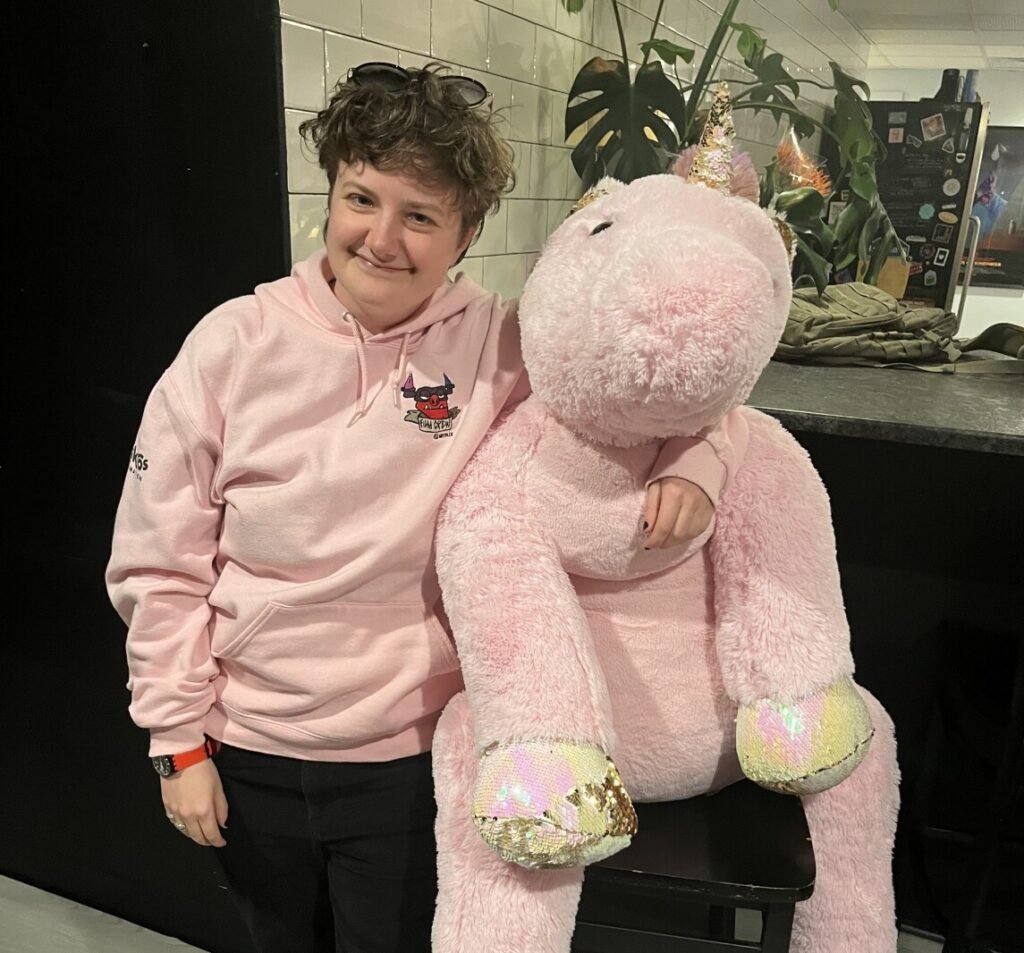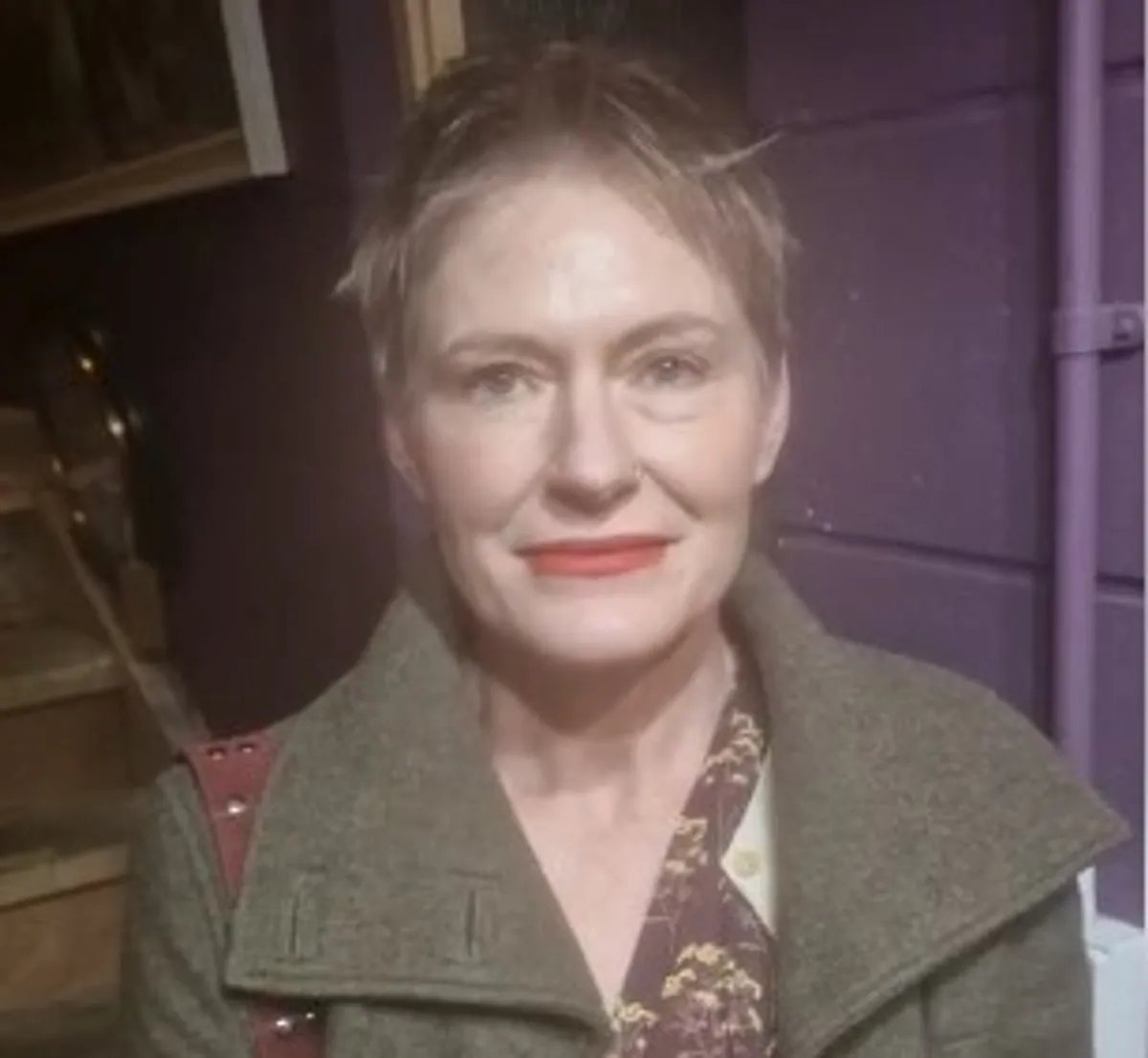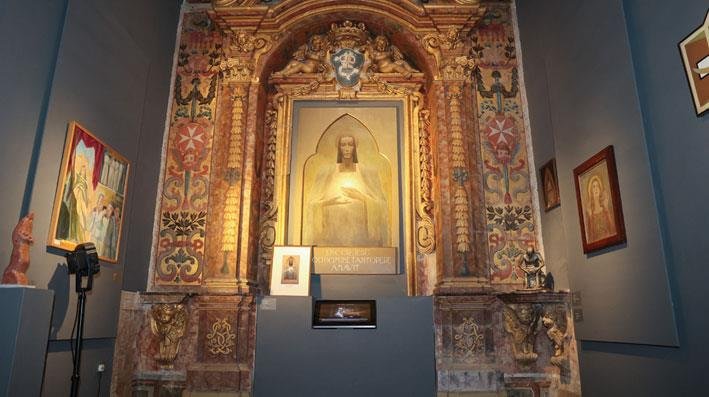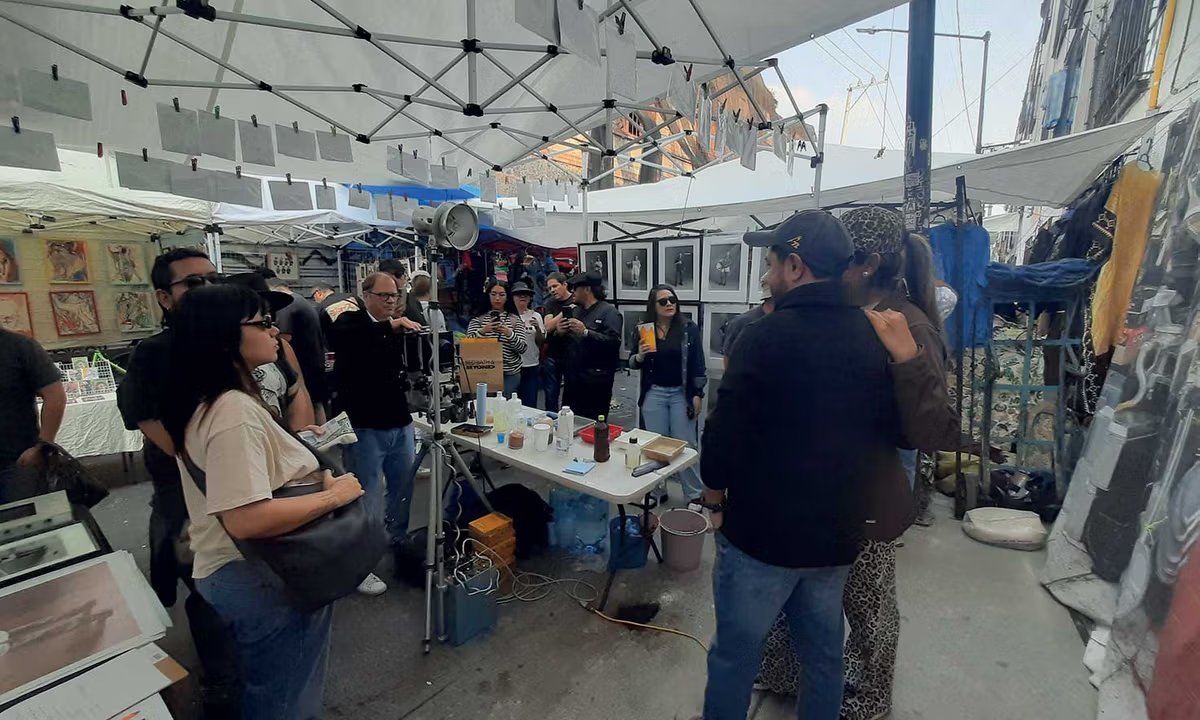A sparkly, pink, rock and roll-playing unicorn is part of the magic that local animator Zoë Allen-Wickler has helped bring to life.
Allen-Wickler worked as a fix artist and technical animator on the popular Netflix film “Thelma the Unicorn.” The film has been ranked in the weekly top 10-watched films on Netflix and is based on a picture book of the same title by Aron Blabey.
Allen-Wickler, who prefers they/them pronouns, was born in Rochester but grew up in the Twin Cities and Michigan returning to live in Rochester in 2015 to be near family after graduating from the University of Michigan.
“My sister and I grew up surrounded by the arts and spent many summers traveling with our parents to art fairs and music festivals across the country where our family business was selling black-and-gray/brown shibori-style clothing,” Allen-Wickler says, adding that their parents encouraged their creativity and development as an artist.
“Story and character have always mesmerized me,” says Allen-Wickler. “The first movie I remember ever watching was ‘James and the Giant Peach,’ a Henry Selick stop-motion animated film based on the Roald Dahl book.”
Allen-Wickler’s mother helped them get involved in an after-school stop-motion animation program when they were 9, despite being younger than the program’s usual students. “When at 9 years old I learned that I, too, could explore worlds with the same method using as little as a chunk of clay and a VHS camera. I was and remain captivated,” Allen-Wickler says.
They even won first prize in the East Lansing Children’s Film Festival in Michigan for an animation of a candy skeleton coming out of a coffin. The $100 prize and trip to the screening was an influential experience for a 9-year-old. “I think some part of me knew then that I would always be in love with animation,” Allen-Wickler says.
In high school, Allen-Wickler had the chance to be mentored by John Prusak, known for his work as a cameraman on Michael Moore’s film “Roger and Me.” They worked on animation together through groups like Detroit Art, Film & Television, the Student Animation Workshop and Focal Point Workshop.
Mainly self-taught as an animator, Allen-Wickler pursued several learning opportunities related to animation such as attending the Gobelins School of Imagery character animation master class in Paris, being a regular attendee at the Montréal Stop-Motion Film Festival’s master classes to learn more about mold-making, puppetry, animation, and camera effects and completing animation coursework and projects at the Penny Stamps School of Art & Design at the University of Michigan.
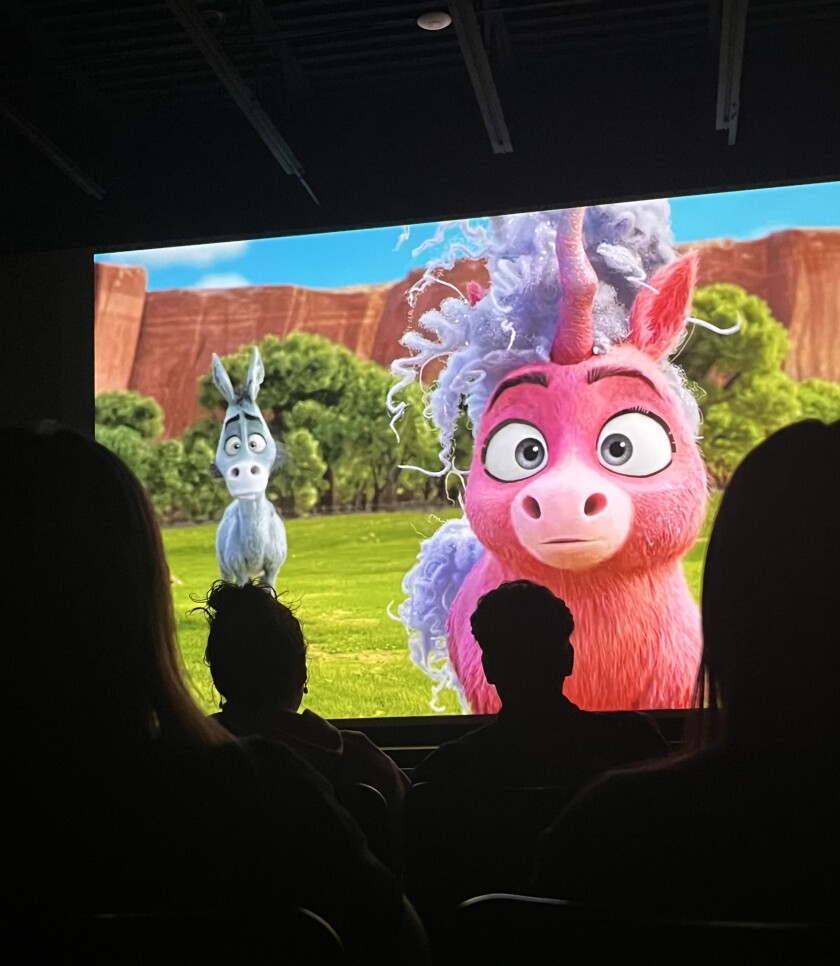
Contributed / John Sievers
In 2021, Allen-Wickler was accepted into the post-graduate Computer Animation program at Sheridan College in Ontario, Canada.
“It is intensive trade school-style training along every step of the 3D animation production pipeline, from concept to final render, consisting of a series of skills-building projects and a final capstone project,” Allen-Wickler explains.
As Allen-Wickler finished studying at Sheridan, they began applying for junior animation positions for film, TV and gaming. “Most important is a strong film reel or demonstration of your abilities and taking the initiative to reach out to recruiters,” Allen-Wickler says.
After a lengthy application process including several interviews, Allen-Wickler landed a position in Montréal with Mikros Animation, part of Technicolor Creative Studios which includes the studios MPC and The Mill. Mikros also has locations in Paris and Bangalore.
While working as a fix artist and technical animator for Mikros Animation on “Thelma the Unicorn,” Allen-Wickler’s work involved improving animation shots. “My role was to receive a shot from the animation department and essentially ‘beautify’ the image through technical and artistic means to correct issues such as cleaning the contact between a prop and a character’s hand, twisted elbows, eyelashes that strayed a little too far, and a host of other problems that might arise.”
To complete their work, Allen-Wickler’s team communicated with a variety of departments such as hair and clothing simulation, rigging, texturing and lighting. “I think it’s safe to say that Nikki the Narwhal was our most challenging character,” says Allen-Wickler. Nikki the Narwhal is the pop star that the humble pony Thelma dreams of becoming before she accidentally dons her unicorn horn and sparkly pink coloring.
“In a few shots, I was asked to give weight or ‘gravity’ to a character’s coat sleeve, or, for instance, required to re-animate the ‘bounce’ in one of Vic Diamond’s hair puffs as he moves his head,” says Allen-Wickler. Vic Diamond is the ultra-slick manager that takes Thelma under his wing.
Allen-Wickler says working on “Thelma the Unicorn” at the Mikros facility in Montréal was filled with fun, including intense foosball competitions with their team, even though some of their work, such as perfecting Otis the donkey’s rolling out a game board with his hoofs, took as long as a month.
“Art and animation has brought me so much joy,” says Allen-Wickler. “Being a part of ‘Thelma,’ of course, is something I’m very proud of — the project, my team, the friends I made there, I will never ever forget.”
Allen-Wickler, who is back working in Rochester, says that career stability is difficult in animation work. “There is a great challenge to most production jobs existing in Canada and abroad, and visa requirements. In addition, the industry at large is not an easy time right now for juniors and folks just getting started professionally,” they say.
Despite this difficulty, Allen-Wickler is infatuated with animation. “I love seeing the thing breathe on its own, where only a moment before, only an image existed,” they say. “To me, it feels like a reflection, even if only in some minuscule way, of the artists or technicians who built it, who feel something acutely about life and living, and are able to convey it.”
Learn more about Zoë Allen-Wickler’s animation at
or on Instagram

